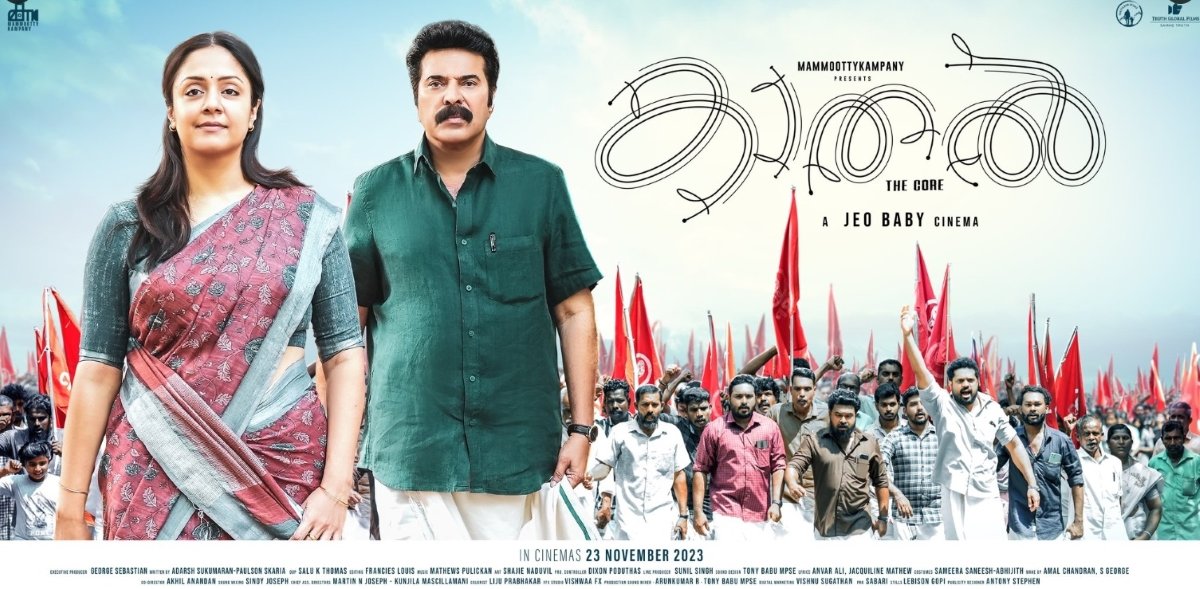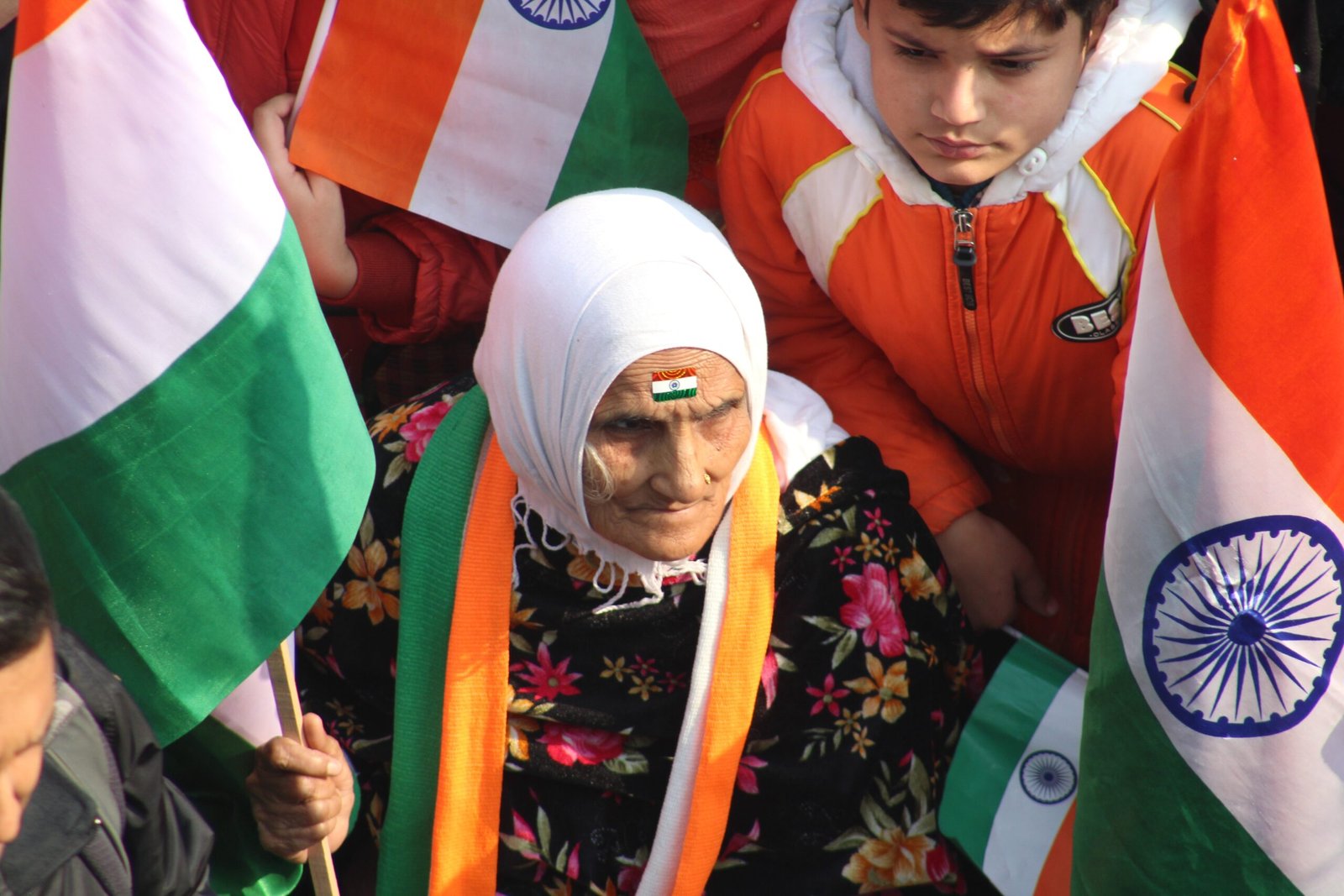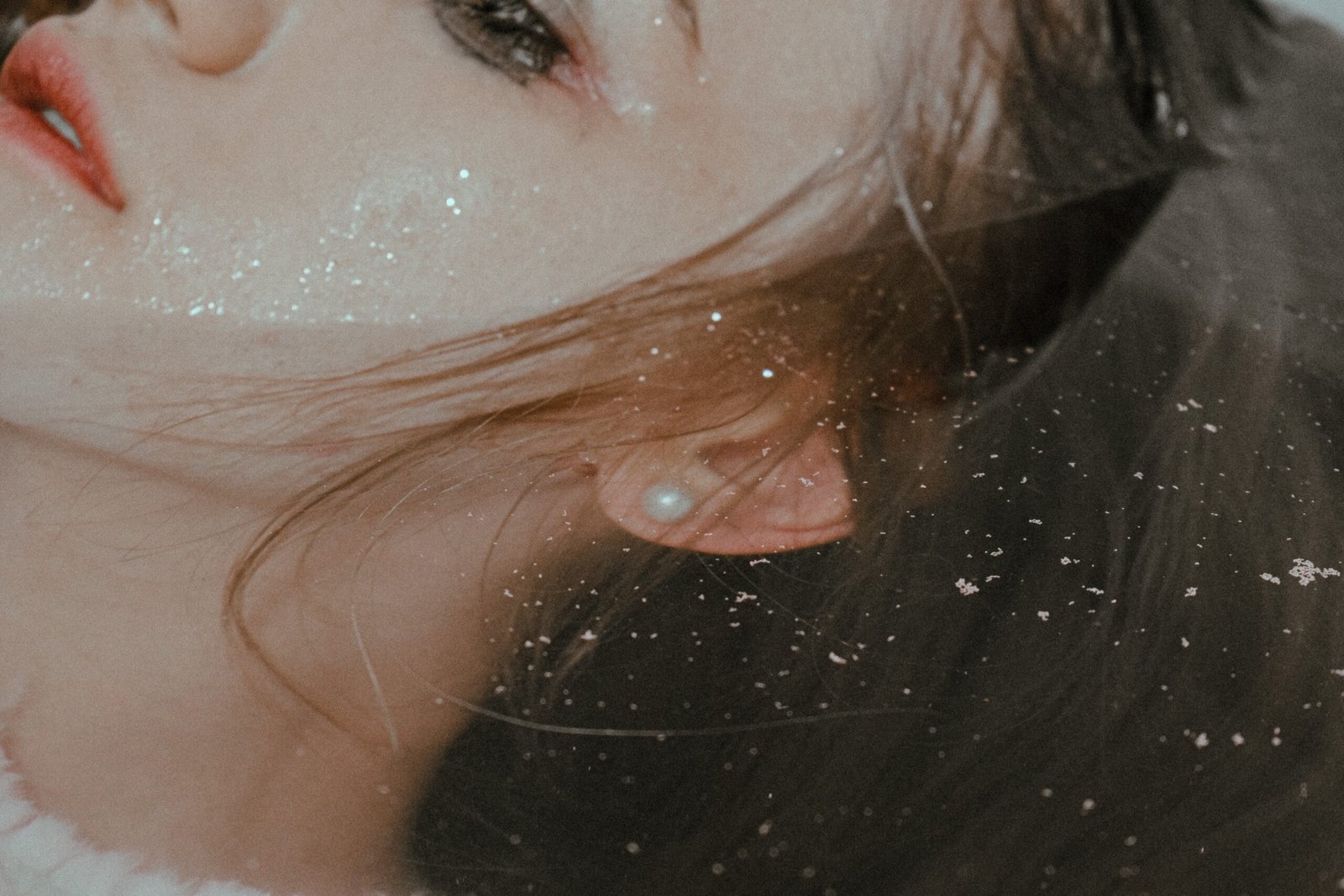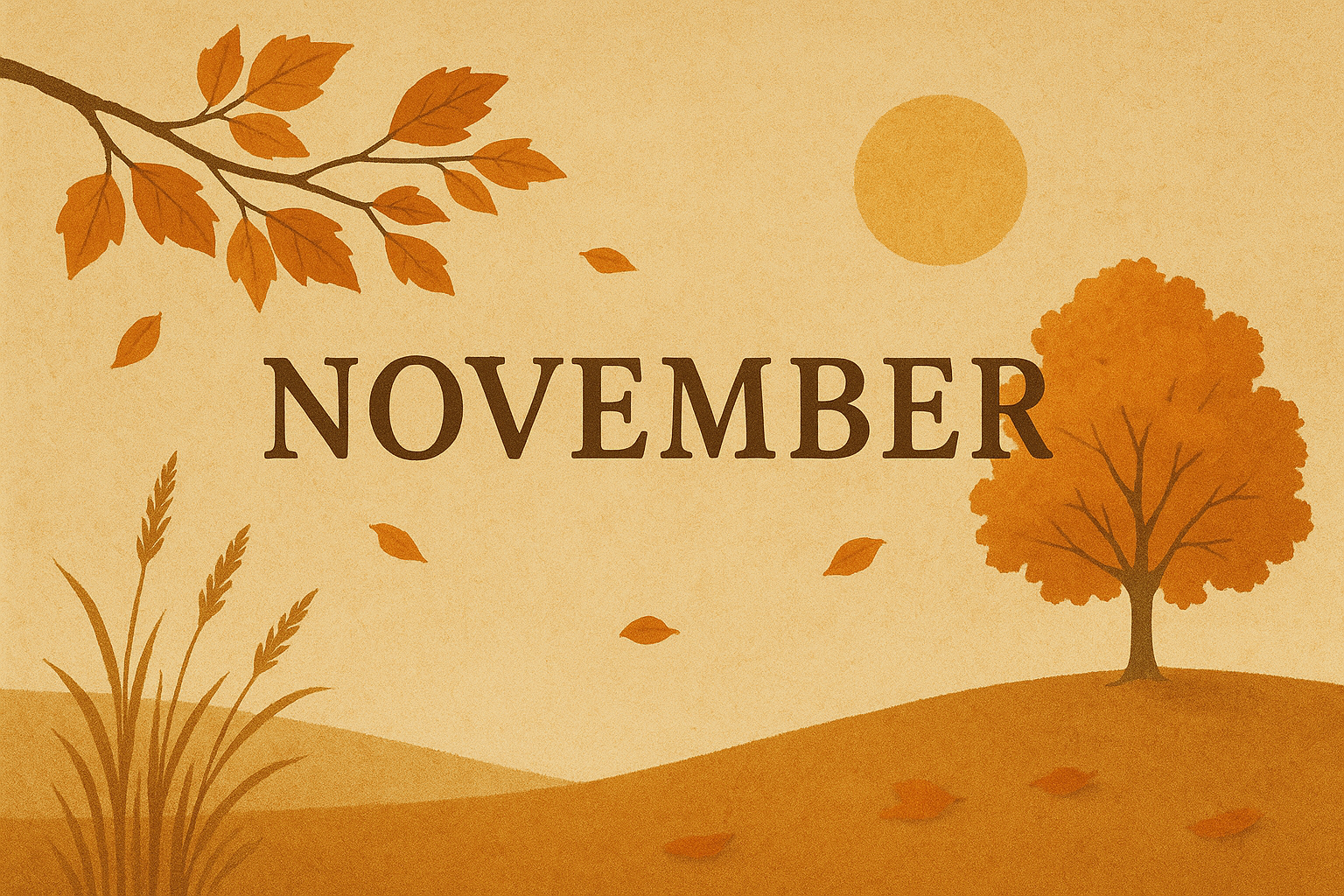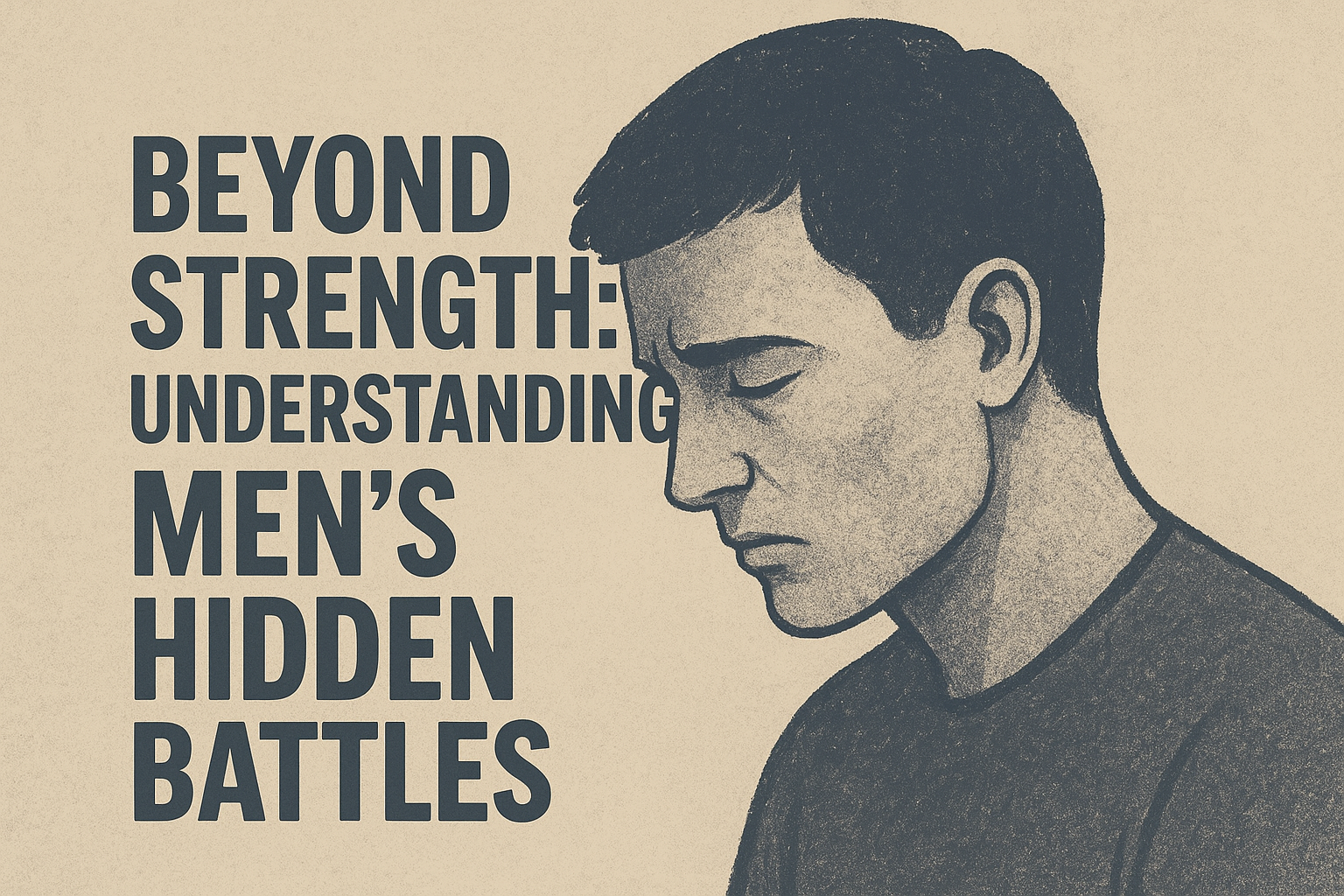Nestled within the emerald hills of Theekkoi village in central Kerala, where sunlight filters
through whispering coconut palms, unfolds a story draped in two shades—love, longing,
and the weight of a life lived in halves.
In Theekkoi’s Hushed Shadows
Jeo Baby’s cinematic creation, “Kaathal – The Core,” introduces us to Mathew Devasy, portrayed by
Mammootty. In the hushed shadows of Theekkoi, Mathew navigates the treacherous terrain of a
double life. Bound by societal expectations and familial obligations, Mathew finds himself entangled
in a web of emotions. A pillar in the community, a respected politician, a dutiful son, a husband, and a
loving father, he embodies the picture of normalcy. However, beneath the veneer of respectability lies
a truth he hides—a love unspoken yet etched in stolen glances, nurtured for his childhood friend
Thankan – and a struggle to embrace his true self as a gay man.

Silences Speak Louder Than Words
“Kaathal – The Core” isn’t a flamboyant coming-out story. Rather, it’s a poignant symphony of
unspoken yearnings, where emotions simmer beneath the surface and acceptance battles with
judgment. The film weaves a tale where unspoken desires clash with societal expectations. It
beautifully portrays the nuanced emotions in the tremor of pursed lips, furrowed foreheads, and
forbidden desires in downcast eyes. Jeo Baby paints a world where bitter truths battle societal
pressures, and the weight of a double life threatens to crush the human spirit.
Mammootty’s Raw Vulnerability
Mammootty, the titan of Malayalam cinema, sheds his larger-than-life persona, baring his heart as the
vulnerable, helpless Mathew. His eyes, deep pools of suppressed turmoil, furrowed forehead, and
quiet demeanour reflect the agony of a man trapped in a gilded cage, wrestling with his reflection.
Yet, not only him grapple with the weight of duality.
The Female Struggles Beyond Mathew
Jyothika portrays Omana, Mathew’s caring wife, silently yearning for his love. Sculpted from quiet
strength forged through twenty years of companionship, she is a guiding lighthouse weathering the
storm within Mathew. She epitomizes relationship complexity, seeking divorce not out of bitterness
but from a profound understanding that both deserve the lives they long for. In the courtroom, her
eyes hold no accusation. The image of Mathew holding her bag as she testifies against him speaks
volumes—a man acknowledging the woman who guides him home, even as she walks a different path.
Omana silently emphasizes that the greatest act of love is letting go.
Their daughter, Femi, has always championed love in all its shades. When she finally confronts her
father, her voice trembles not with anger, but with a raw yearning for honesty, tears held back with
gritted teeth. She understands the fight for identity, and the fear of judgment, but with her father, it is
closer, sharper, like a shard lodged in her throat. Unable to control her inner turmoil, she goes back to
her aggressive basketball game to hide her choking sobs. This emotional struggle struck a chord.

Thankan, Mammootty’s lover, contends with societal ridicule and the internal struggle to express his
love openly, reflecting the film’s overarching theme—how societal norms force individuals into leading
double lives.
Mathew’s father, Devassy, aware of his son’s preferences, had compelled him into a marriage, driven
by the fear of societal judgment. He embodies the generations of parents pushing children to conform to
societal expectations, even if it means strangling the child’s preferences or dreams.
The supporting cast, each a brushstroke in this masterpiece, lends depth and nuance to the narrative.
The irritable brother-in-law, the women lawyers handling the divorce case, and other characters mirror
contrasting viewpoints in today’s society. From people questioning how political performance is linked
to personal preferences, to those believing he sets a bad example for the next generation, we’ve all
encountered such characters. Homosexuality may be legal, but societal acceptance still has a long way
to go.
The screenplay is commendable for its sensitivity, particularly in the courtroom scenes, which reflect
a non-judgmental approach, creating a safe space for the difficult conversations surrounding sexuality
and acceptance. Their highly professional and sensitive questioning adds depth to the portrayal of the
couple’s plight.
Poetic Narration and Musical Harmony
The film navigates intricacies without resorting to stereotypical portrayals or crude humour. It weaves a
poetic narrative, delving into the heart of relationships. The musical score syncs seamlessly with the
emotions portrayed on screen. The film avoids explicit displays of affection or uncomfortable
dialogues, relying on stolen glances and expressions to convey the lovers’ emotions. Remarkably, only
one interaction is shown between the two lovers. Their emotions are eloquently ‘spoken’ through
silence in that scene. Although yearning to gaze into each other’s eyes, fear of scrutinizing faces around
them holds them back.
Universal Truth in the Name
Kaathal – The Core” celebrates complexity, echoing the duality embodied by Mammootty’s character
in every frame. The film invites reflection on relationship intricacies and the challenges of breaking
societal norms. However, “Kaathal” transcends labels; it’s more than a story about a man grappling
with his sexuality. In Malayalam, “Kathal” means Core, symbolizing the innermost truth and the
protagonist’s identity. Yet, I choose to interpret it as “Kaathal” in Tamil, signifying love. It becomes a
universal ballad of unconditional love and self-acceptance, urging us to embrace the kaleidoscope of
human experiences without judgment or prejudice. This whispered prayer envisions a world where
love can soar freely, unburdened by societal shackles, where masks can be discarded, and hearts laid
bare – a world where no one has to lead a double life.

The final scene in “Kaathal” became my happiest moment. Omana and Mathew, their faces etched
with newfound peace, reached out to Femi on a video call. In that shared moment, a fractured family
mended anew—stronger, brighter, touched by the magic of acceptance. To divulge the details of this
joyous climax would be unfair. Suffice it to say, “Kaathal” leaves you with a heart overflowing—a
testament to the enduring power of love, even in the face of the most unexpected storms. Seek out
this cinematic gem, and let it unveil its secrets, one poignant frame at a time. You won’t be
disappointed.
A Silent Plea
If you yearn for a story that resonates in your soul, watch this masterpiece subtly exploring intricate
human emotions. In the unravelling of Mathew’s double life lies a universal truth: The most beautiful
stories are whispered in silence, waiting to be unearthed by hearts courageous enough to listen,
understand, and accept. The film left me with a heart brimming with emotions—not of sadness, but
of happiness, joy, and hope. It’s a poignant reminder of the simplicity life could embody if we embraced
ourselves and others without judgment or societal ideals.

Imagine how much more beautiful our world would be, without the burden of leading double lives.
Kaathal is a silent plea for INCLUSION.
(This was an entry to the contest ‘Two’ commemorating the second anniversary of The She Saga)
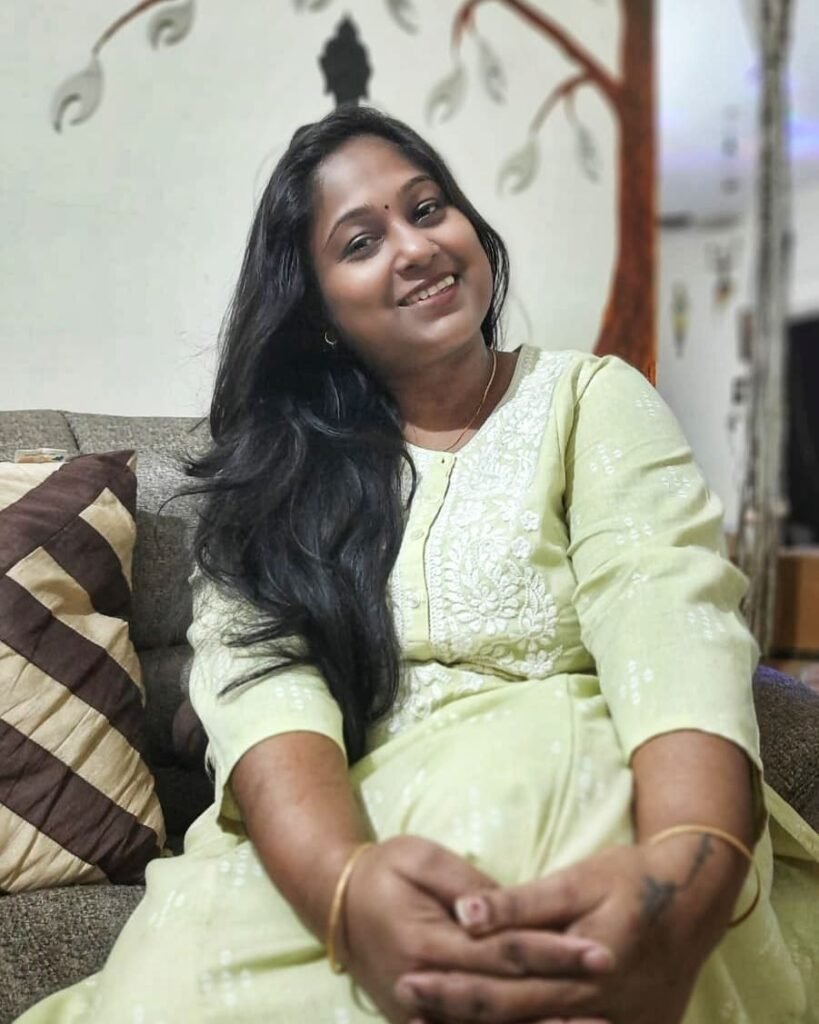
By Deepa Perumal
Deepa Perumal is a Management professional, and a passionate advocate for women’s empowerment. As a career mentor, entrepreneur, and multilingual author, she shares her insights through blogging and writing features on history, world cultures, travelogues and memoirs. Contact her at deepabperumal@gmail.com





